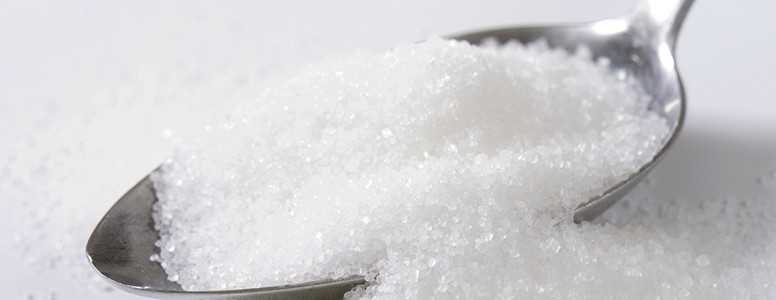Chancellor George Osborne has announced a tax on sugary soft drinks in a bid to tackle childhood obesity.
The tax, which was part of the 2016 Budget, will be imposed directly onto producers of sugary soft drinks, rather than on consumers. The tax will apply to drinks such as Coke, Red Bull and Irn Bru, according to the Treasury, but pure fruit juices and milk-based drinks will be excluded.
Manufacturers of soft drinks will be taxed on the volume they produce or import, with drinks falling into two bands: one for total sugar content over 5g per 100ml, and a second band for drinks with more than 8g per 100ml. Coke has 10.6g of sugar per 100ml, and Pepsi has 11g per 100ml.
The tax will come into effect in two years’ time, and is estimated to raise around £520 million a year, which be spent on increasing funding sport in primary schools.
Rising rates of childhood obesity and type 2 diabetes has led to a vehement outcry for government measures, and the announcement has been praised by long-time sugar tax campaigners such as Action on Sugar and celebrity chef Jamie Oliver.
Professor Graham MacGregor, Chair of Action on Sugar, said: “We are delighted to see in today’s budget announcement that the government will be introducing a new sugar levy on soft drinks which will be used to double the funding they dedicate to sport in every primary school.
“However, for this to be effective it’s imperative that the levy is at least 20 per cent on all sugar-sweetened soft drinks and confectionary and escalate thereafter if companies do not comply to reformulation targets – and this must be implemented immediately.”
TV chef and healthy eating campaigner Jamie Oliver tweeted: “We did it guys !! we did it !!! A sugar levy on sugary sweetened drinks …… A profound move.”
Mr. Osborne announced that a big consideration behind his decision was experts’ predictions that over 50 per cent of all boys and 70 per cent of girls could be overweight or obese within a generation.
Osborne said: “I am not prepared to look back at my time here in this Parliament, doing this job and say to my children’s generation ‘I’m sorry. We knew there was a problem with sugary drinks. We knew it caused disease. But we ducked the difficult decisions and we did nothing’.”
The government delayed its childhood obesity strategy for a third time in February, and while this news is encouraging, Prof. MacGregor added that Prime Minister David Cameron “has a unique opportunity to produce a coherent, structured evidence-based plan based on our six key recommendations, which includes food and drink reformulatio, to prevent obesity, type 2 diabetes and tooth decay.”
What's new on the forum? ⭐️
Get our free newsletters
Stay up to date with the latest news, research and breakthroughs.








